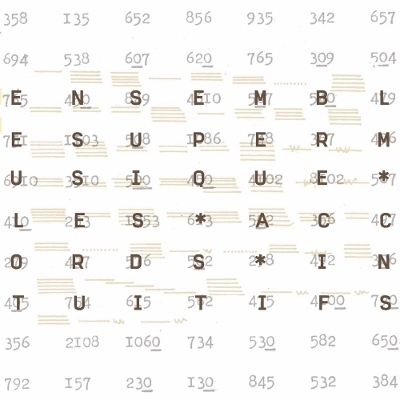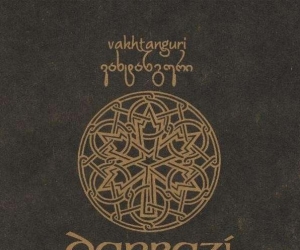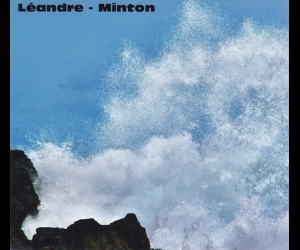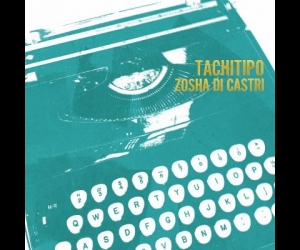
Les accords intuitifs is the fifth CD by Ensemble SuperMusique, a large Montreal-based group that performs compositions that are conceptual explorations. The core group consists of reed-players Jean Derome and Joane Hétu, guitarist Bernard Falaise, and percussionist Danielle Palardy Roger. On its latest recording, it expands to twelve members, in two different complements of musicians, for five pieces composed between 1976 and 2015. Methodologies vary from piece to piece, but the ensemble’s close listening and concentrated attention create consistently engaging music.
For Malcolm Goldstein’s constantly shifting Jeu de cartes (2014), each musician randomly selects four cards including graphic notation, a rhythmic pattern, a word in French, and a place in the performance’s time sequence. Ensemble SuperMusique uses the chance methodology to create both drama and surprise. Similarly, Raymond Gervais’s Accords intuitifs (debuted by Derome in 1976) assumes power and mystery in the long and short ensemble clusters and brief solo improvisations.
While the momentary bursts of Yves Bouliane’s Champ (10 interventions), from 1977, take on fresh dimension with Martin Tétreault's turntables, Bernard Falaise's La trotteuse (the second hand) from 2015 uses tightly coordinated passages for 12 musicians and 12 metronomes, initially playfully fracturing time before assuming churning power.
Joane Hétu’s Pour ne pas désespérer seul (2011) is a work in eight movements with the order spontaneously determined. It’s inspired by oppositional social sets (stationary / nomadic, etc.), but that hardly prepares one for the work; its materials including chanting (oddly suggesting the Mothers of Invention) and a manic and compound effusion that wittily updates the swinging big band, with brassy outbursts from trumpeter Craig Pedersen and trombonist Scott Thomson.
Like all of SuperMusique's realizations, Les accords intuitifs is a genuine adventure.



